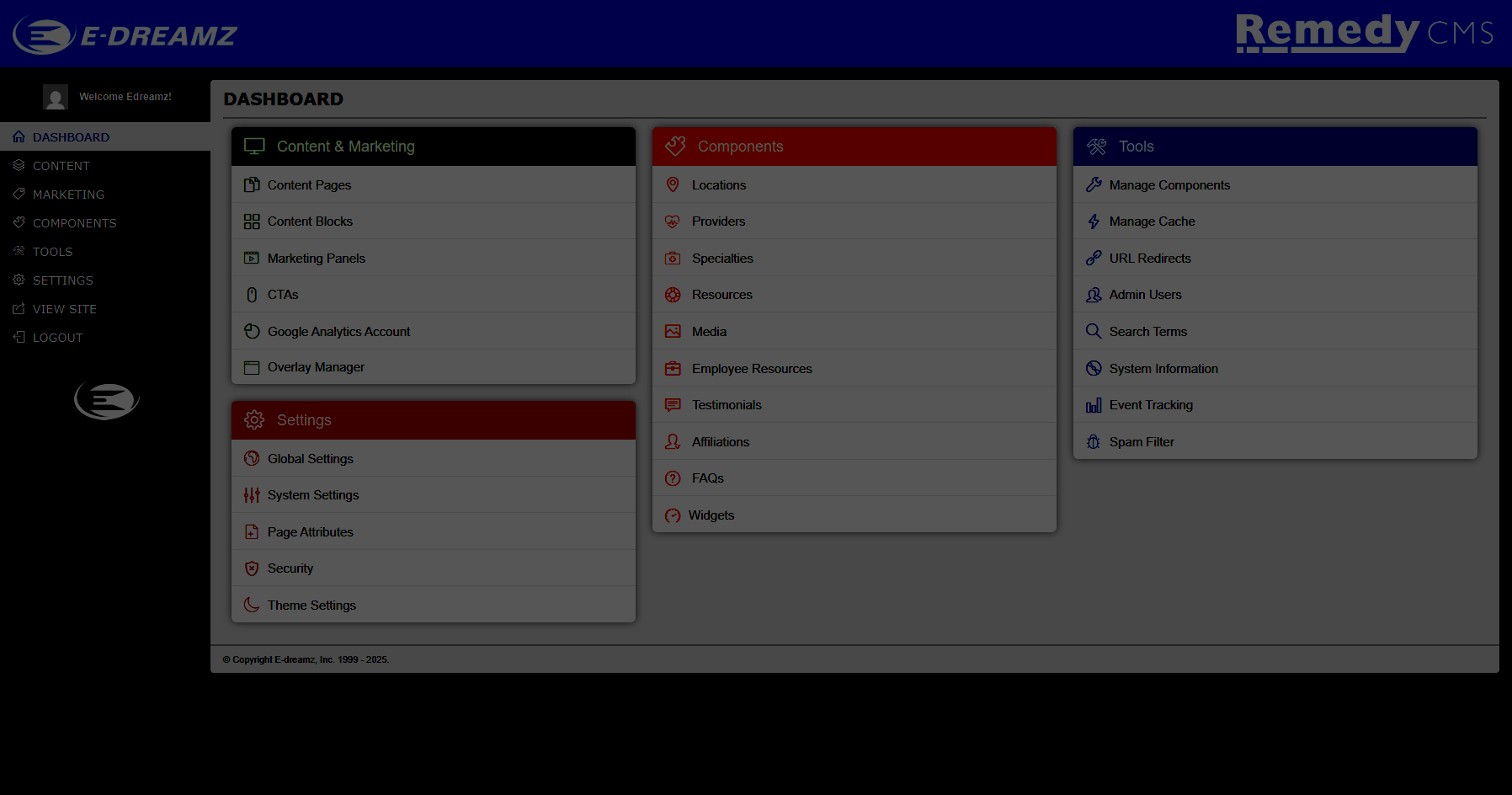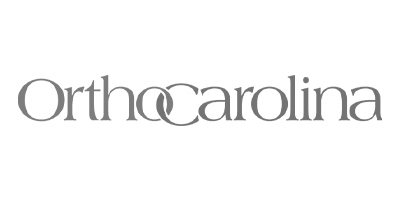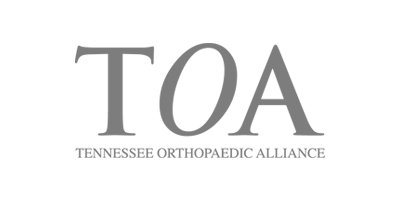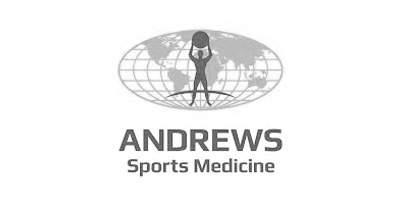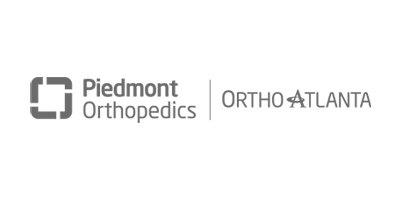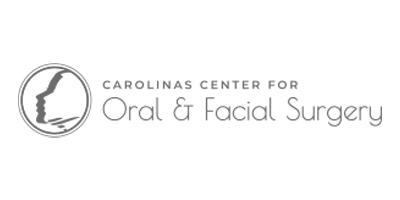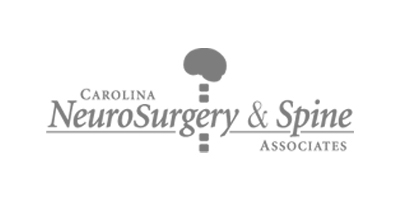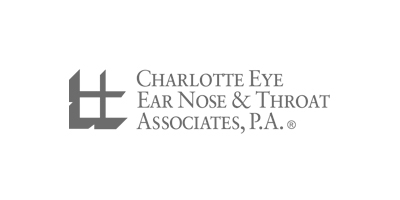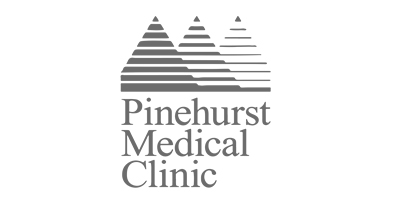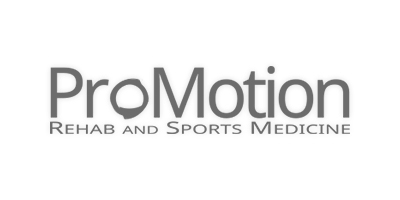Remedy CMS: Purpose-Built for Healthcare
Key Strengths:
- Healthcare-Specific Features: Remedy CMS provides customized content controllers and administrative tools designed for managing healthcare-focused content such as provider biographies, location details, patient resources, and specialties. This specialization ensures that the platform meets the specific needs of healthcare organizations.
- Robust SEO Capabilities: The platform includes a comprehensive SEO suite, offering simple but powerful content creation and publishing tools with control over meta data, redirect management, and caching, as well as integrations for reviews and ratings and other marketing utilities.
- Secure, Managed Hosting: As a Software-as-a-Service (SaaS) product, Remedy CMS offers secure, reliable hosting with guaranteed uptime, fast performance, and ongoing updates. Additional, we monitor all websites for HIPAA and ADA compliance. This reduces the burden on internal IT teams.
- Dedicated Support: Our team provides ongoing support, including design and development services, website maintenance, technical consultation, and compliance consulting. This partnership approach ensures that all of our healthcare clients have success using the platform.
Comparison with Other Platforms
Popular standard website platforms for small to mid market healthcare practices.
WordPress
Pros:
- Flexibility and Customization: WordPress offers a vast array of themes and plugins, allowing for extensive customization to meet various needs.
- User-Friendly Interface: Its intuitive interface makes content management accessible, even for non-technical users.
Cons:
- Security Concerns: The reliance on third-party plugins can introduce security vulnerabilities if not properly managed.
- Maintenance Requirements: Regular updates are necessary to ensure security and functionality, which can be resource-intensive.
Healthcare Fit: While WordPress can be tailored for healthcare, it requires careful selection and management of plugins to ensure compliance with regulations.
Webflow
Pros:
- Design Flexibility: Webflow's visual editor allows for the creation of responsive, custom designs without coding.
- Integrated CMS: It offers a built-in CMS, simplifying content management for users.
Cons:
- Learning Curve: Despite being a no-code platform, users may find it challenging to master all features.
- Limited Healthcare Features: Webflow lacks healthcare-specific functionalities, requiring additional customization for compliance and specialized content management.
Healthcare Fit: Suitable for general websites, but may not meet the specialized needs of healthcare organizations without significant customization.
Wix / Squarespace
Pros:
- User-Friendly Interface: These platforms offer a drag-and-drop editor, making it accessible for users without coding experience.
- Asset Libraries: Provides hundreds of pre-designed templates, elements, objects and apps.
Cons:
- Limited Flexibility: You will quickly run into customization constraints compared to other more sophisticated platforms.
- Potential Compliance Concerns: Limited integration options with healthcare technology services may cause compliance headaches.
Healthcare Fit: These "all-in-one" platforms are really only a practical fit for small, private practices that need only a simple informational web page.
Enterprise website solutions for major large-market healthcare practices.
Sitecore
- Personalization Capabilities: Offers advanced tools for personalized user experiences.
- Integration: Seamlessly integrates with various enterprise systems and third-party applications.
- Scalability: Designed to handle large-scale websites with complex structures.
- Cost: High licensing and implementation costs may be prohibitive for many organizations.
- Complexity: Requires specialized knowledge for development and maintenance.
- Resource Intensive: Demands significant server resources and infrastructure.
Pros:
Cons:
Healthcare Fit: Sitecore can work for large healthcare systems with ample IT resources and a need for personalization at scale. It supports HIPAA-compliant infrastructure when properly configured, but the complexity and cost often put it out of reach for smaller practices or provider groups. Most healthcare organizations will need a dedicated development team to manage and maintain it effectively, which limits its flexibility and agility for day-to-day marketing needs.
Drupal + Acquia
- Flexibility: Highly customizable, suitable for a wide range of website types.
- Community Support: Strong open-source community contributing to modules and security updates.
- Acquia Partnership: Provides enterprise-grade support and cloud hosting solutions.
- Steep Learning Curve: May be challenging for users without technical backgrounds.
- Maintenance: Requires regular updates and maintenance to ensure security and performance.
- Initial Setup: Can be time-consuming to configure and deploy.
Pros:
Cons:
Healthcare Fit: Drupal, especially when paired with Acquia, offers strong content management flexibility and compliance capabilities, including HIPAA-ready hosting options through Acquia. It’s a good fit for larger healthcare organizations that require enterprise-grade customization and governance. However, it demands significant technical oversight and ongoing maintenance, making it a better fit for health systems with dedicated web teams than for leaner provider groups.
Adobe (AEM)
- Comprehensive Suite: Integrates content management with digital asset management and marketing tools.
- Customization: Offers extensive customization options to meet specific business needs.
- Enterprise Integration: Easily integrates with other Adobe products and enterprise systems.
- High Cost: Significant investment required for licensing and implementation.
- Complex Deployment: Implementation can be complex, requiring specialized expertise.
- Resource Demands: Needs substantial infrastructure and ongoing maintenance.
Pros:
Cons:
Healthcare Fit: AEM is built for complex digital ecosystems and offers robust tools for personalization, asset management, and multilingual content. It can support healthcare enterprises with global reach or intricate content needs. That said, its steep licensing and implementation costs, along with its heavy technical lift, make it impractical for most outpatient or midsize provider organizations. It’s best suited to large health networks with deep technical teams and enterprise marketing goals.
Why Choose Remedy CMS for Your Healthcare Website
- Tailored for Healthcare: Remedy CMS is specifically designed to meet the needs of healthcare organizations, offering features that address industry-specific requirements.
- Comprehensive Support: The platform provides not just the CMS but also ongoing support and services, ensuring that healthcare organizations have a reliable partner.
- Compliance and Security: With built-in features focused on compliance and security, Remedy CMS helps healthcare organizations meet regulatory standards.
- Efficiency: By combining design, development, and support services, Remedy CMS streamlines the process of managing a healthcare website.
- Scalability: With options for both fast-to-market, low project cost setups and fully-custom enterprise solutions, Remedy CMS can fit the needs of any organization of any size or complexity. And Remedy can grow with your practice. At any time, a standard Remedy CMS website can be migrated to Remedy CMS Enterprise.
Conclusion
For healthcare organizations seeking a CMS that is tailored to their specific needs, Remedy CMS offers a compelling solution. Its focus on healthcare, combined with comprehensive support and specialized features, sets it apart from more general-purpose platforms like WordPress, Webflow, and Sitecore. By choosing Remedy CMS, healthcare organizations can ensure that their website management aligns with industry requirements and standards.
Agency Partnerships
Leverage the Power of Remedy CMS to Boost Your Agency's Healthcare Services & Solutions.
Many healthcare marketing agencies choose to use Remedy CMS for their own website solutions. Through our agency partnerships, Remedy CMS can support all of your website design, development, hosting and monitoring activities. This allows your agency to focus exclusively on healthcare marketing services with the peace of mind of a reliable technical partner handling all of your development & hosting needs.
Learn More About Our Agency Partnerships
If you're interested in exploring an agency partnership with Remedy CMS, contact us to start the conversation.
Ready to Transform Your Practice's Digital Experience? Contact Us Today to Schedule a Demo.
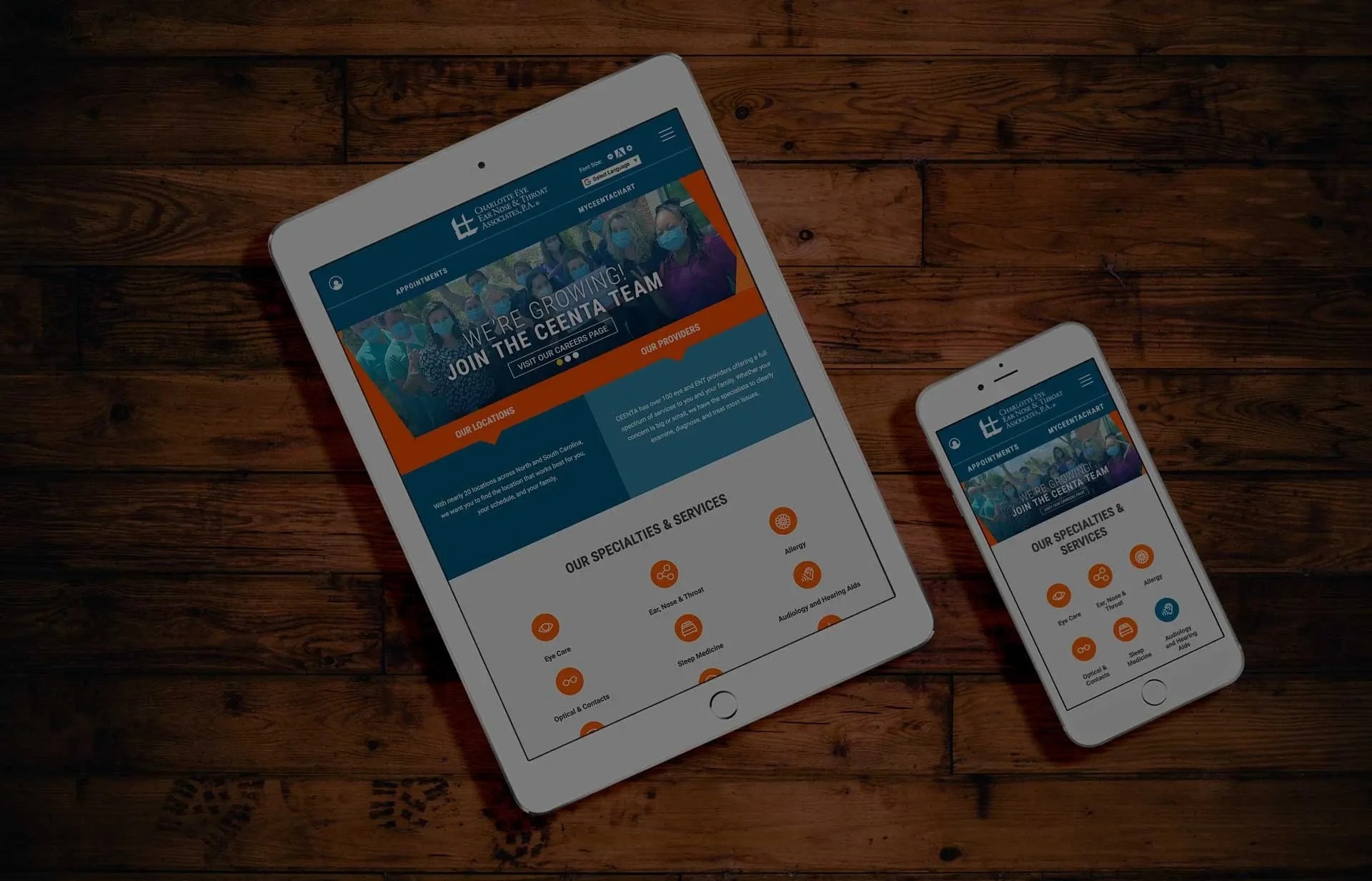
© 2026. All rights reserved. E-dreamz, Inc.

